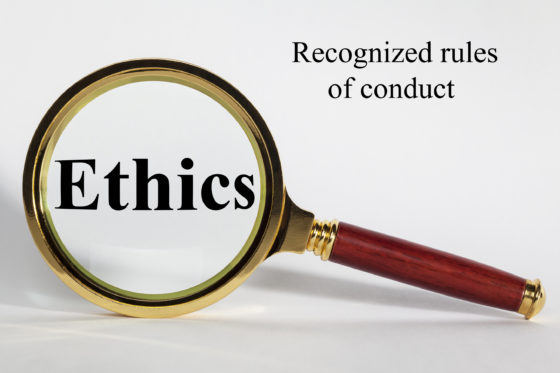No one is perfect. In the adversarial arena of litigation, attorneys are rarely willing to admit even having a weak legal argument, let alone an actual error. However, the American Bar Association recently issued an opinion which makes it an ethical duty for attorneys to disclose any material errors in representation to their clients.
The use of “material” in this opinion allows for a sliding spectrum which the ABA provides some general guidance in defining. A material error is defined as one that a “disinterested …
Continue Reading









